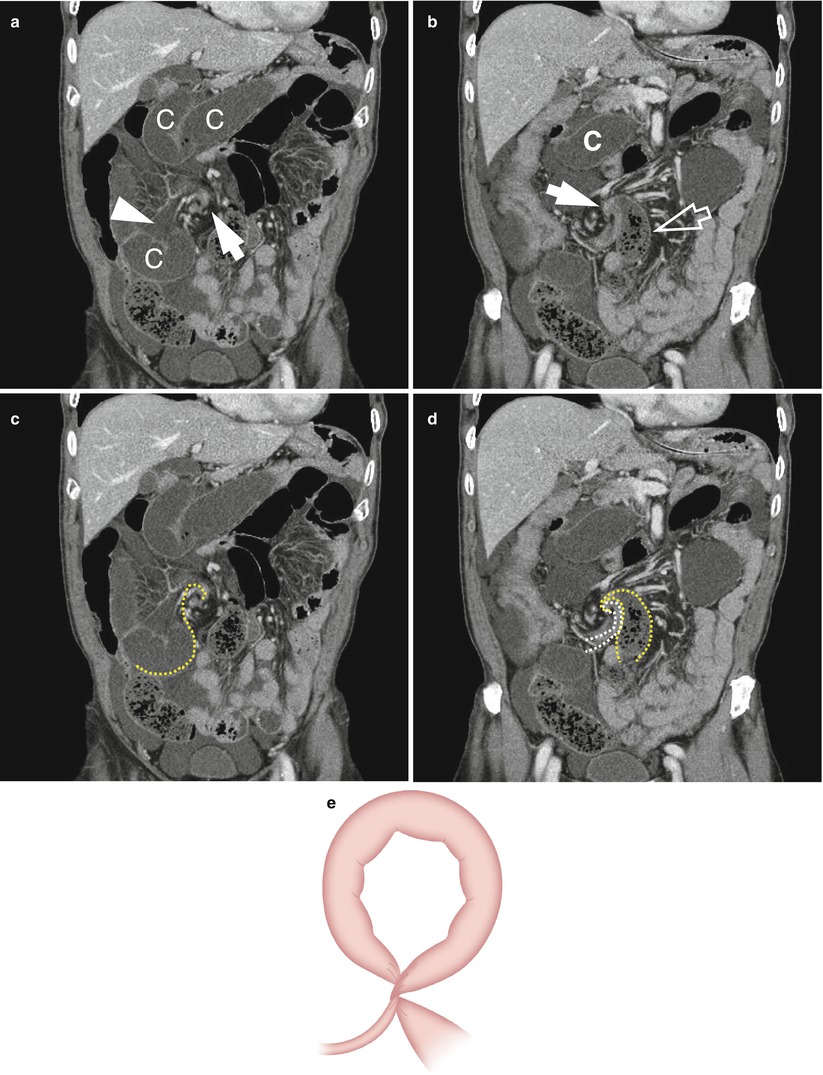
Small Bowel Obstruction Radiology Key
Closed Loop Small Bowel Obstruction •An obstruction in which two points along the course of a bowel are obstructed at a single location thus forming a closed loop. •Patients present clinically with signs of obstruction: abdominal pain, nausea/vomiting, abdominal distension. •Most often due to adhesions, a twist of the mesentery, or internal

Ileus What Is It, Types, Causes, Diagnosis, Treatment, and More Osmosis
Intestinal obstruction is most commonly caused by intra-abdominal adhesions, malignancy, or intestinal herniation.. and perforation. A closed-loop obstruction, in which a section of bowel is.

Closed Loop Small Bowel Obstruction (Post Laparoscopic Rectopexy) Titanium Surgical Tacks
It is only seen on the mesenteric side of the bowel, unlike the circumferential edema in enteritis or Crohn's disease. Closed loop edema. Here is a video of a patient with closed loop obstruction demonstrating mesenteric edema. Try to find the mesenteric edema before the green arrow does. Closed loop two stenoses.
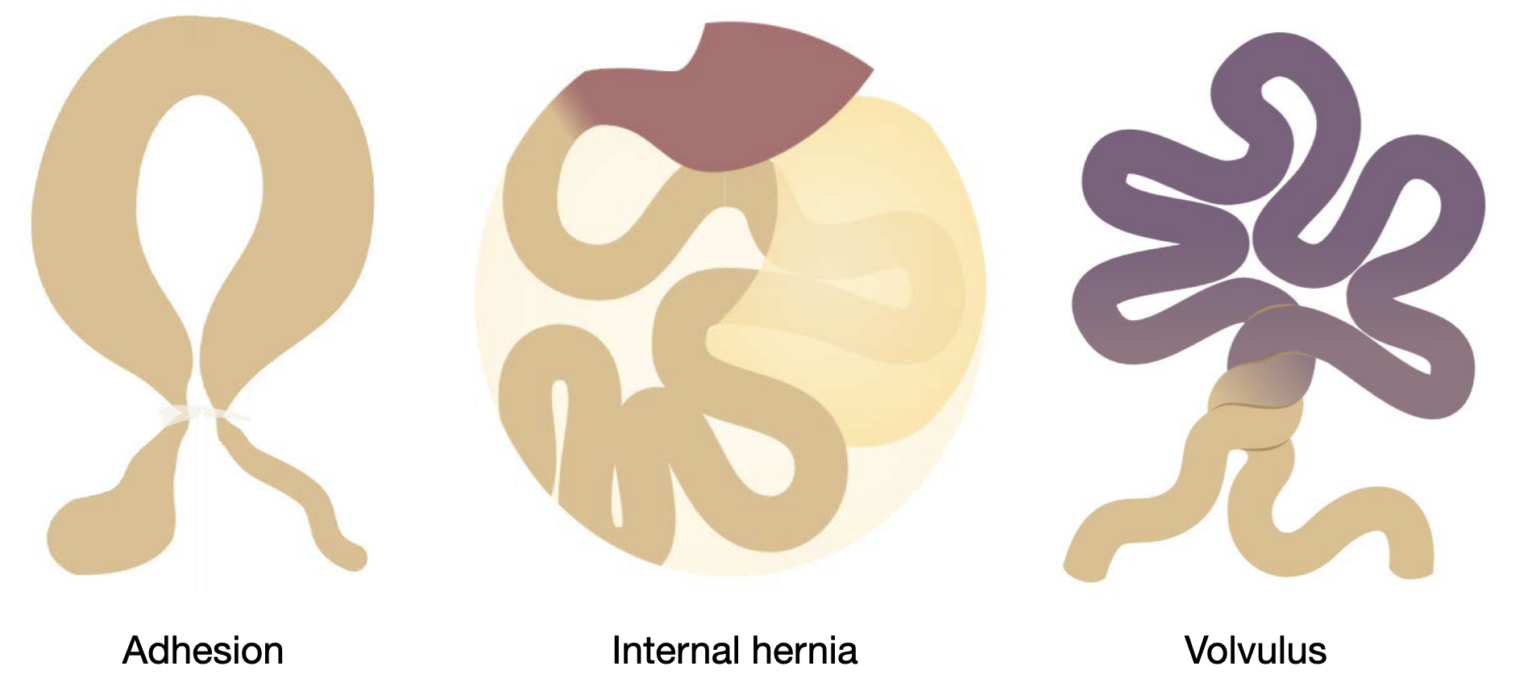
Abdominal CT closed loop • LITFL • Radiology Library
The management of bowel obstruction depends upon the etiology, severity, and location of the obstruction. The goals of initial management are to relieve discomfort and restore normal fluid volume, acid-base balance, and electrolytes. Bowel compromise (ischemia, necrosis, or perforation) and a surgically correctable cause of SBO (eg.

Ileus and small bowel obstruction Cancer Therapy Advisor
Strangulation is defined as closed-loop obstruction associated with intestinal ischemia. Mainly seen when the diagnosis is delayed (up to 10% of small bowel obstructions) and associated with high mortality. Features are non-specific and include: thickened and increased attenuation of the bowel wall.
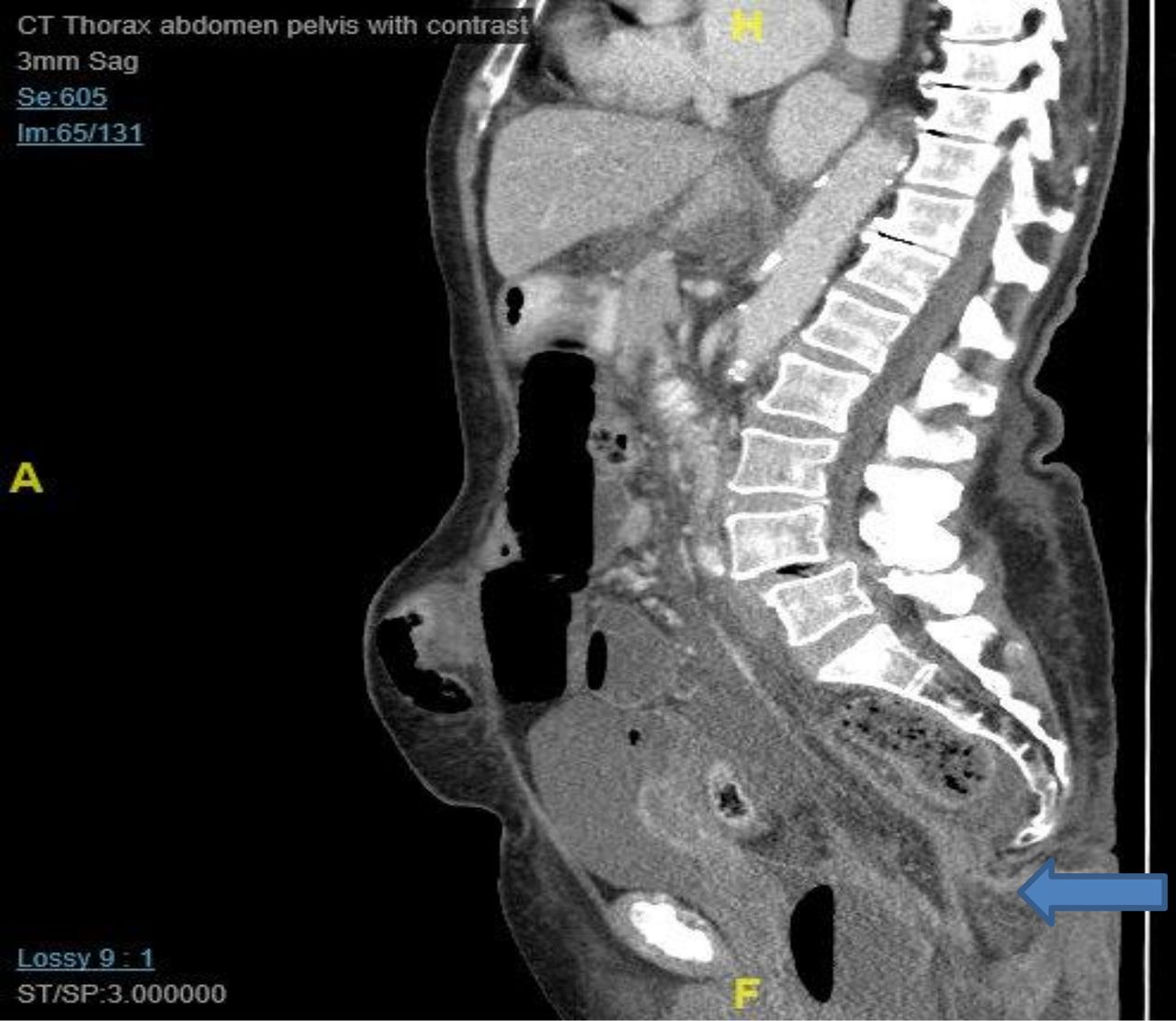
Closed loop obstruction and adhesive intestinal obstruction in perineal hernia BMJ Case Reports
Introduction. Small-bowel obstruction (SBO) continues to be a substantial cause of morbidity and mortality, accounting for 12%-16% of hospital admissions for the evaluation of acute abdominal pain in the United States ( 1 ). Most patients with SBO are treated successfully with nasogastric tube decompression.

Closedloop intestinal obstruction by internal hernia SERAU. Sociedad Española de Radiología
Clinical presentation. The classic clinical features of bowel obstruction are: colicky abdominal pain. vomiting. abdominal distension. absolute constipation. unstable vital signs. acidotic blood gas as seen in bowel ischemia 3. The order and timescale in which these appear to vary depending on whether there is large or small bowel obstruction.

Abdominal CT closed loop • LITFL • Radiology Library
Closed-loop small-bowel obstruction (CL-SBO) is a type of mechanical intestinal obstruction in which a portion of the intestine is blocked at two points along its course, thus blocking both the inlet and outlet [1]. CL-SBO is a relatively rare subcategory of SBO accounting for only approximately 19 % of all SBO cases [2,3]. However, it is related to a high risk of strangulation due to bowel.

Closed loop small intestinal obstruction Image
Citation, DOI, disclosures and article data. A closed loop obstruction is a specific type of bowel obstruction in which two points along the course of a bowel are obstructed, usually but not always with the transition points adjacent to each other at a single location. The closed loop refers to a segment of bowel without proximal or distal.

Closed loop obstruction and adhesive intestinal obstruction in perineal hernia BMJ Case Reports
Bowel obstruction, also known as intestinal obstruction,. closed-loop obstructions, ischemic bowel, incarcerated hernias, etc.). A small flexible tube (nasogastric tube) may be inserted through the nose into the stomach to help decompress the dilated bowel. This tube is uncomfortable but relieves the abdominal cramps, distention, and vomiting.

Closedloop obstruction of the distal small bowel due to adhesions.... Download Scientific Diagram
Closed loop obstruction is a specific type of obstruction in which two points along the course of a bowel are obstructed at a single location thus forming a closed loop. Usually this is due to adhesions, a twist of the mesentery or internal herniation. In the large bowel it is known as a volvulus.
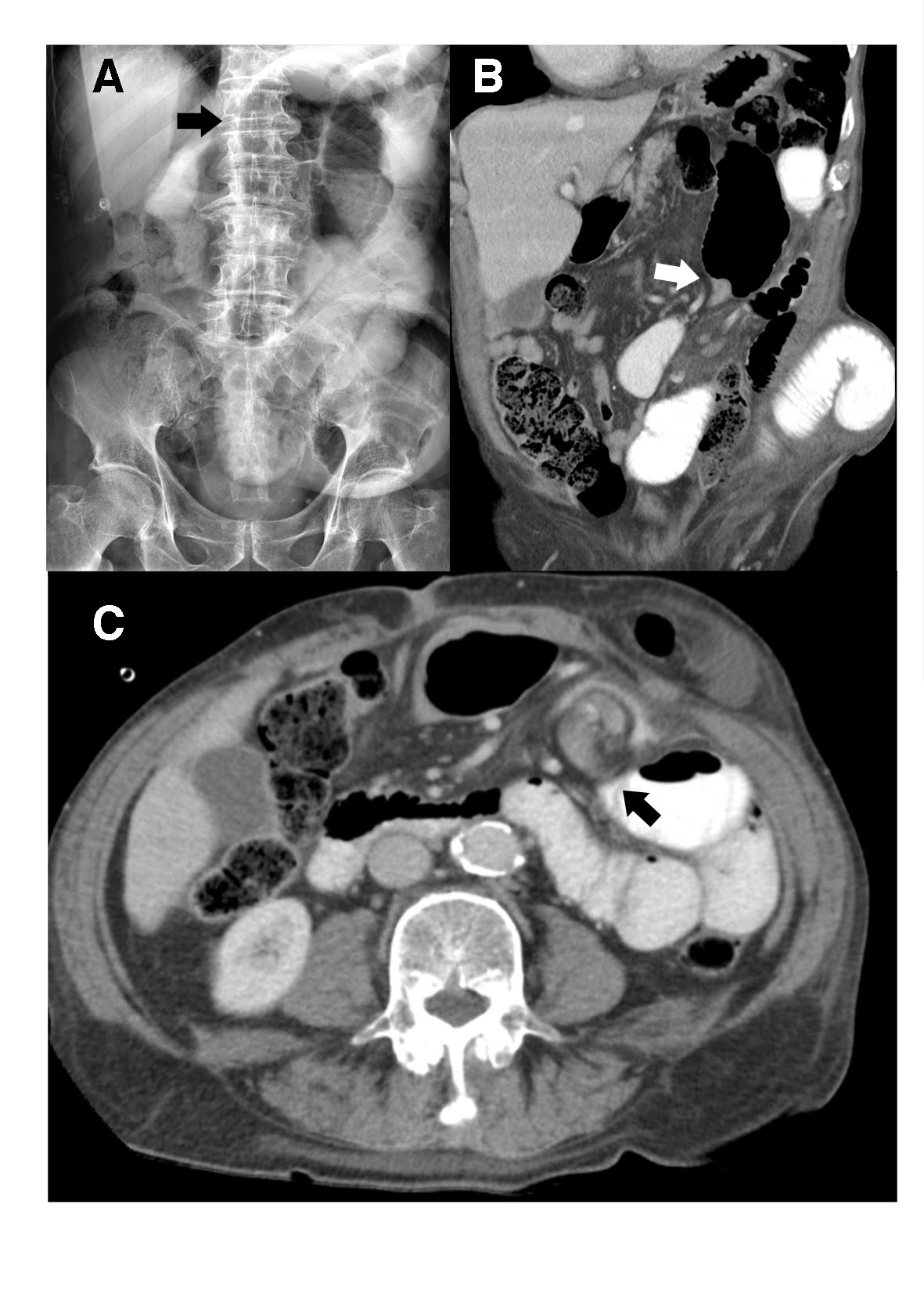
Twist and shout a closed loop bowel obstruction (sbo) case report. SERAU. Sociedad Española
When an intestinal obstruction occurs in children, ultrasound is often the preferred type of imaging. In youngsters with an intussusception, an ultrasound will typically show a "bull's-eye," representing the intestine coiled within the intestine.. Kliegman RM, et al. Ileus, adhesions, intussusception, and closed-loop obstructions. In: Nelson.

The Radiology Assistant Closed Loop Obstruction in Small bowel obstruction Small bowel
A bowel obstruction can either be a mechanical or functional obstruction of the small or large intestines. The obstruction occurs when the lumen of the bowel becomes either partially or completely blocked. Obstruction frequently causes abdominal pain, nausea, vomiting, constipation-to-obstipation, and distention. This, in turn, prevents the normal movement of digested products.
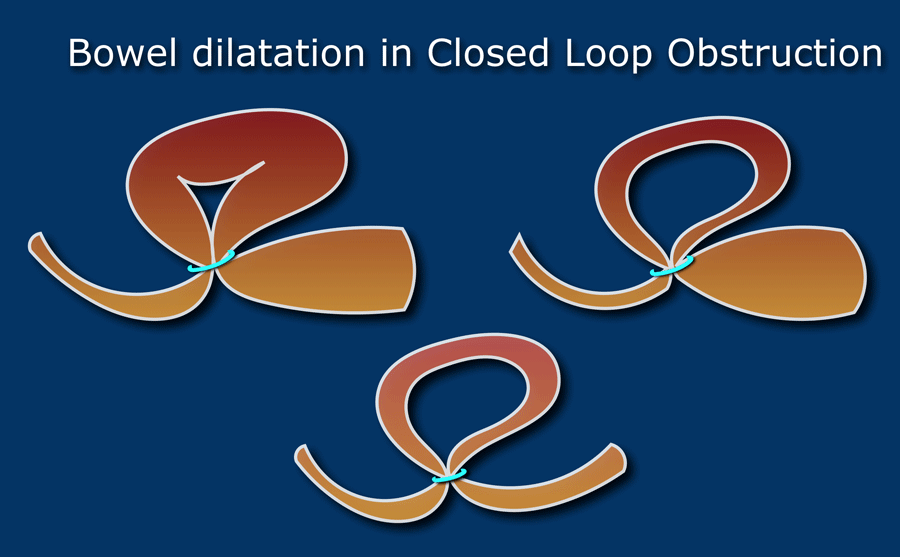
The Radiology Assistant Closed Loop Obstruction with video
Intestinal obstruction is a blockage that keeps food or liquid from passing through your small intestine or large intestine (colon). Causes of intestinal obstruction may include fibrous bands of tissue (adhesions) in the abdomen that form after surgery; hernias; colon cancer; certain medications; or strictures from an inflamed intestine caused by certain conditions, such as Crohn's disease or.
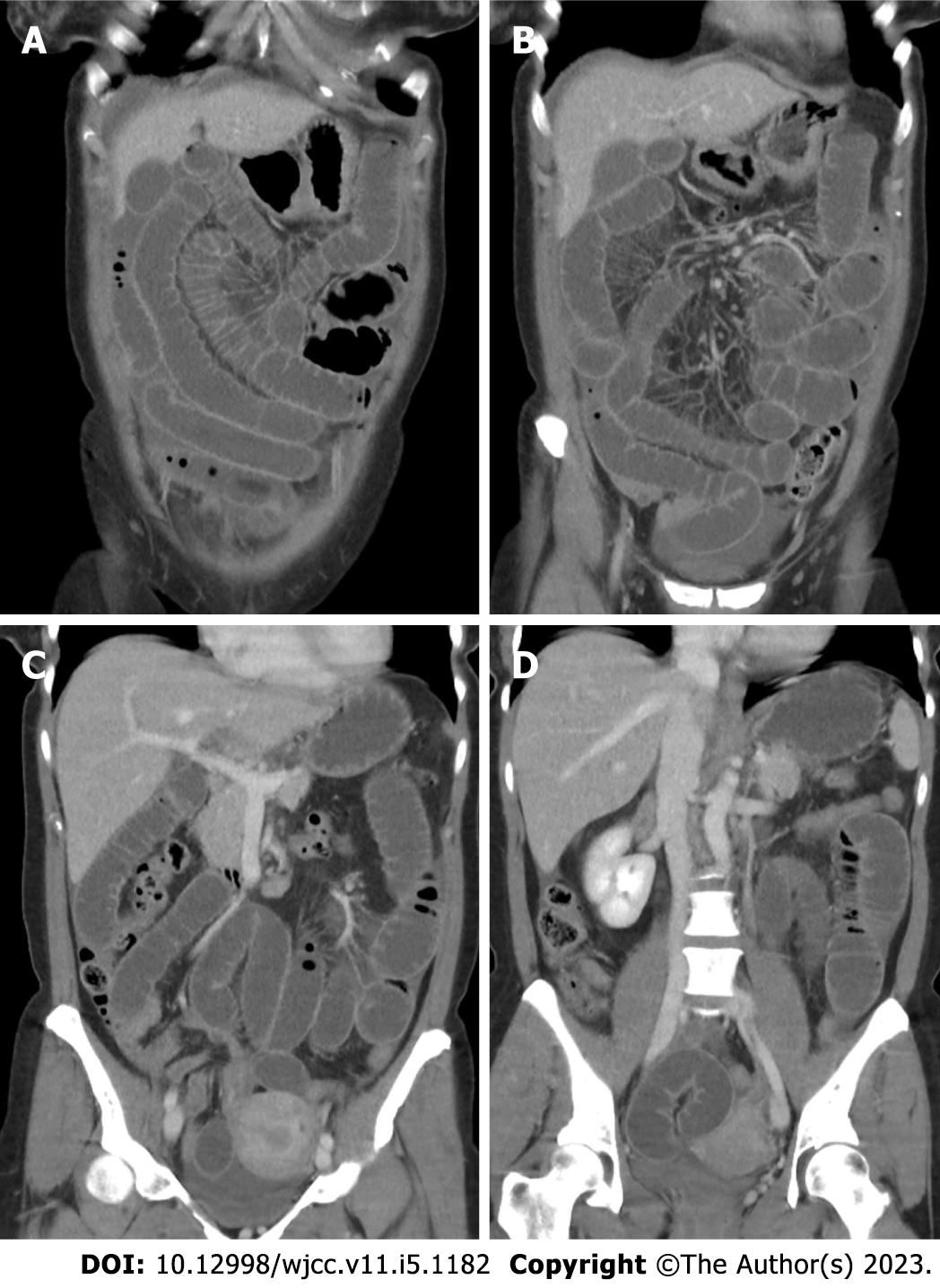
Closed loop ileus caused by a defect in the broad ligament A case report
A closed-loop obstruction should be treated as a surgical emergency. C: 5, 11, 12: A closed-loop obstruction may quickly lead to compromised arterial flow, ischemia, necrosis, and ultimately.
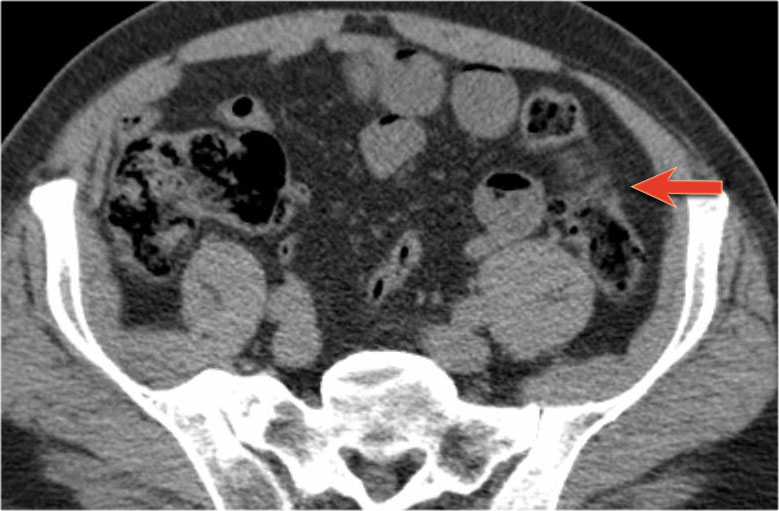
The Radiology Assistant Closed Loop Obstruction in Small bowel obstruction
In closed loop obstruction the lumen of the bowel is occluded at two points thus preventing prograde and retrograde movement of bowel contents. In open-ended obstruction a one-point obstruction interferes with the prograde propulsion of bowel contents. Bowel obstruction may be partial or complete, simple or complicated.